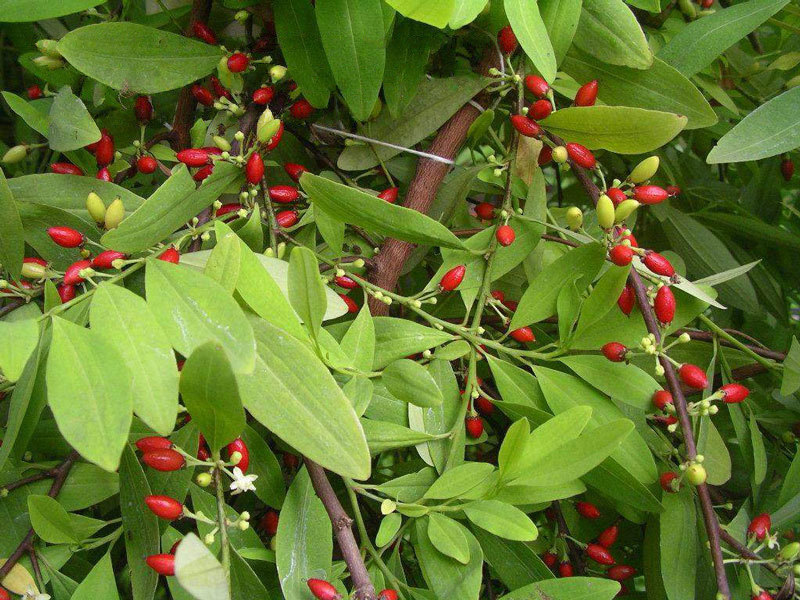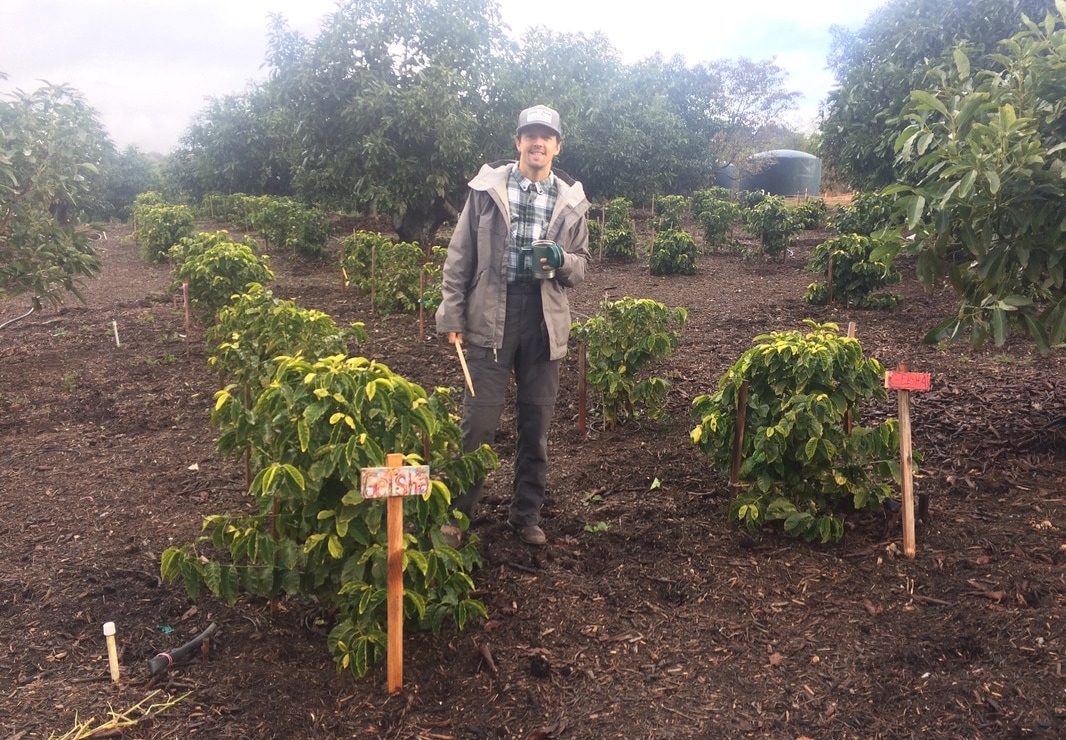Have you ever had this feeling? that some debates in the coffee world will last forever? We have an adorable little debate the conversation that is taking place right now in comments section for a post published earlier this week on the potential transformation of scoring for coffee cupping competitions. People are absolutely raving about it, and author Shawn Steinman and DCN encourage you to join the conversation as we continue the series.
Other ongoing battles have much broader and more dire implications—such as the ongoing land-use battles in the South American coffee-producing nations of Colombia and Peru. Despite the fact that Peruvian producers are behind some truly extraordinary coffees this season, the up-to-date investigative article from The Wire examines how, in some coffee-growing regions, the profitability of growing coca versus coffee is drastically changing the agricultural landscape and impacting farmers:
Patricio Mamani, a coffee grower from Sandia Valley and former president of CECOVASA, described the changes as colossal.

Coca plant.
This story is not up-to-date in Columbiabecause the government has been taking steps for decades to eradicate coca cultivation, particularly in enormous coca plantations located deep in mountain forests where coffee could otherwise be grown. Vice News contacted several farmers who now has to decide whether to face poverty or go to prison if they do not comply with President Juan Manuel Santos’ order to stop growing coca within a year:
Colombian President Juan Manuel Santos has given farmers who voluntarily sign the agreement a year to comply, while the army has intensified its forced liquidation of large-scale farms.
Coca farmers remain skeptical that the government will be able to keep its end of the bargain, and even in the face of mounting pressure from the government, farmers like Ricardo are hesitant to accept the offer. Although he earns just $112 a month growing coca, putting him well below the poverty line in Colombia, he says he would earn half that by growing other crops. As he watches his teenage daughter play in the coca leaves, he says he chooses between “poverty and prison.”

Jason Mraz at Mraz Family Farms. Photo by Mraz Family Farms.
Yes. Yes. Specialty coffee, for the specialty coffee enthusiast. It’s for a market that’s willing to pay for a really good cup and a story. I paid $13 for a cup of coffee. But it goes with the knowledge of the farmer, the flavor notes that I’m looking for, the history of the land. I’m not just drinking a great cup of coffee, I’m drinking a story. And I think that’s going to assist our coffee, but also our agricultural region.

“Starbucks CEO Howard Schultz Interviewed by Vancouver Media” by Richard Eriksson is licensed under CC BY 2.0
Howard Schultz resigned as CEO of Starbucks to become executive chairman. So how does he spend his days? He works at Starbucks. That’s according to Fortune article on a slightly awkward transfer keys to the company from Schultz to up-to-date CEO Kevin Johnson. The article describes how Schultz will primarily be involved in building the exclusive Starbucks Reserve roastery and coffee shop, while the company still hopes to reach $35 billion in sales in the next four years:
There’s tension there. Schultz wants to continue serving 90 million people a day, maintaining the admiration of Wall Street—and being respected by the coffee community. He’s a fan, and it feels personal. It’s no coincidence that his favorite drink, a double macchiato—a established espresso “spiked” with a bit of steamed milk—is more likely to be consumed by people standing at the bar of a coffee shop in Rome than at your typical Starbucks.
Some of the world’s largest chocolate companies and the certifiers were trumpeting about yourself last week for their efforts to address and/or eliminate human trafficking and slave labor in their supply chains—a parallel supply universe to coffee. The musical notes to all this trumpeting were provided by a report by an Australian nonprofit called Stop the traffic called “A matter of taste.” The report itself claims that “never before has this question been asked or companies compared based on what they do.” While I’m absolutely certain that some of these companies and certifiers here are doing a great job, before you dive into the report fully, it’s vital to note the caveat:
The following study is based entirely on self-reported material. It draws on both public domain information and interviews, correspondence, and a company-completed questionnaire. The report does not offer a third-party impact assessment, but compares what companies and certifiers claim to do.
About certificates: This is a tough matter. a study recently published in the journal Enterprise Development and Microfinance seems to agree, as it examines a number of impact assessments related to certification in the tropical agriculture sector. Naturally, the article encourages further research on the subject:
The evidence generated by impact studies on agro-food certification remains mixed and focuses mainly on some direct observable effects (prices, yields, wages, sales). The ultimate impact of certification on household income and social mobility (poverty reduction) is even more tough to establish, also because certified crops only account for – sometimes a diminutive – share of land and income streams. In practice, only intermediate outcomes are reported (such as participation in training, access to support services, exploit of improved practices).
Nick Brown
Nick Brown is the Daily Coffee News Editor at Roast Magazine.



